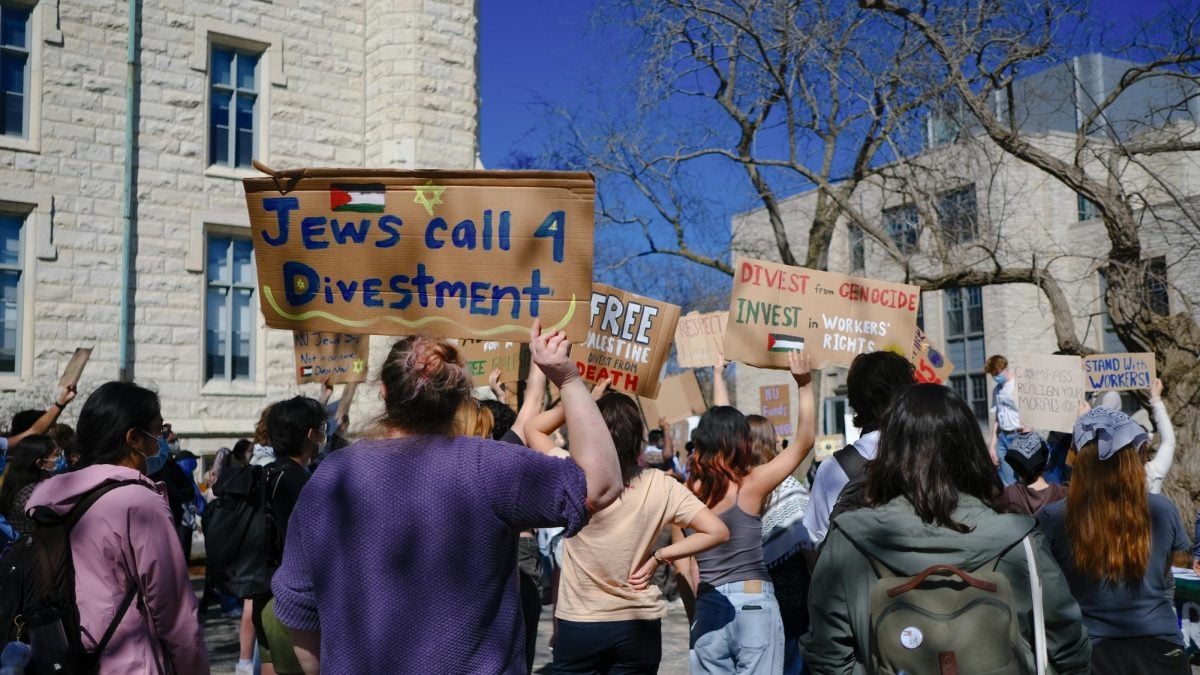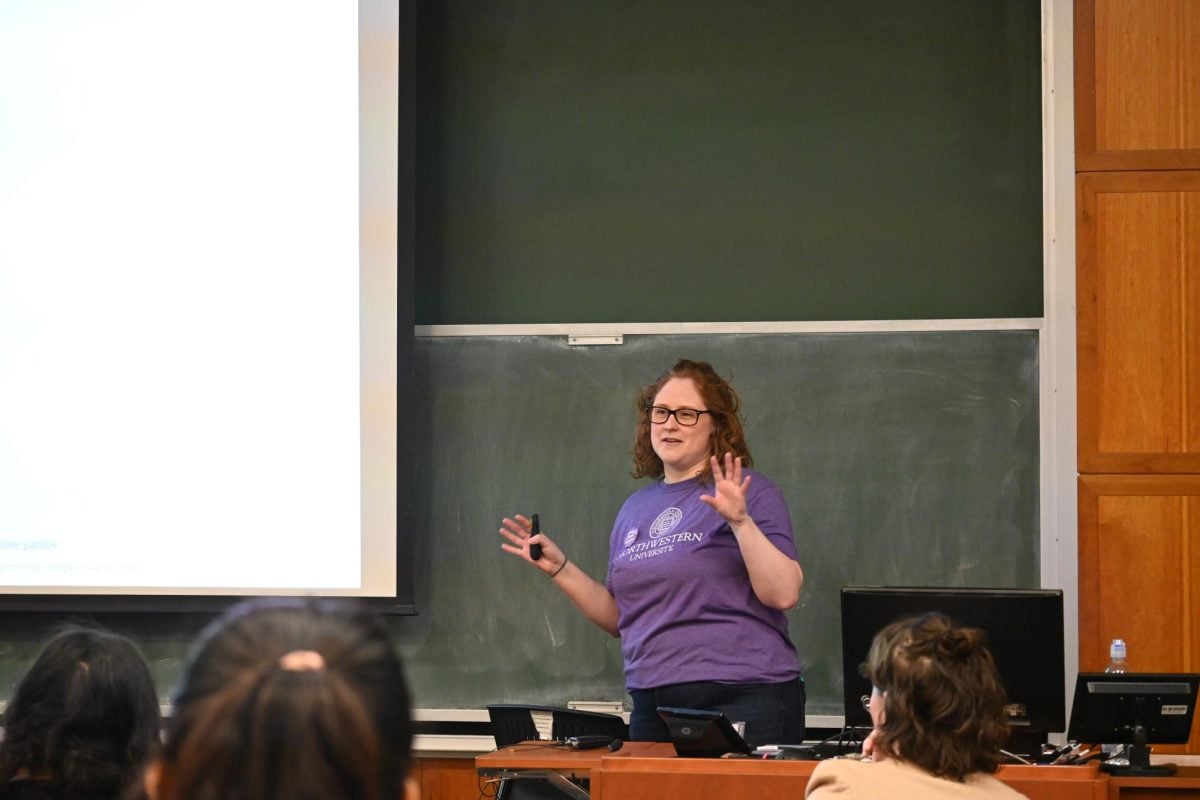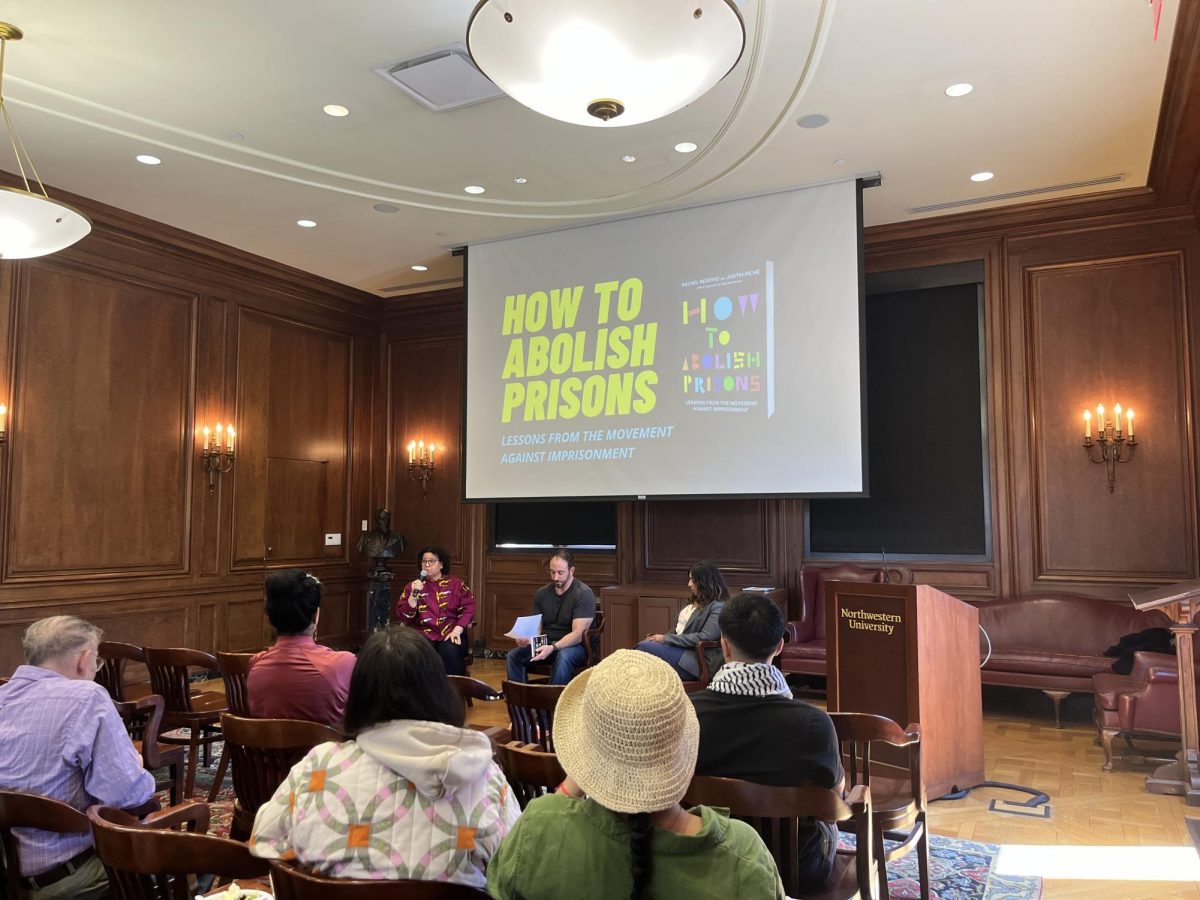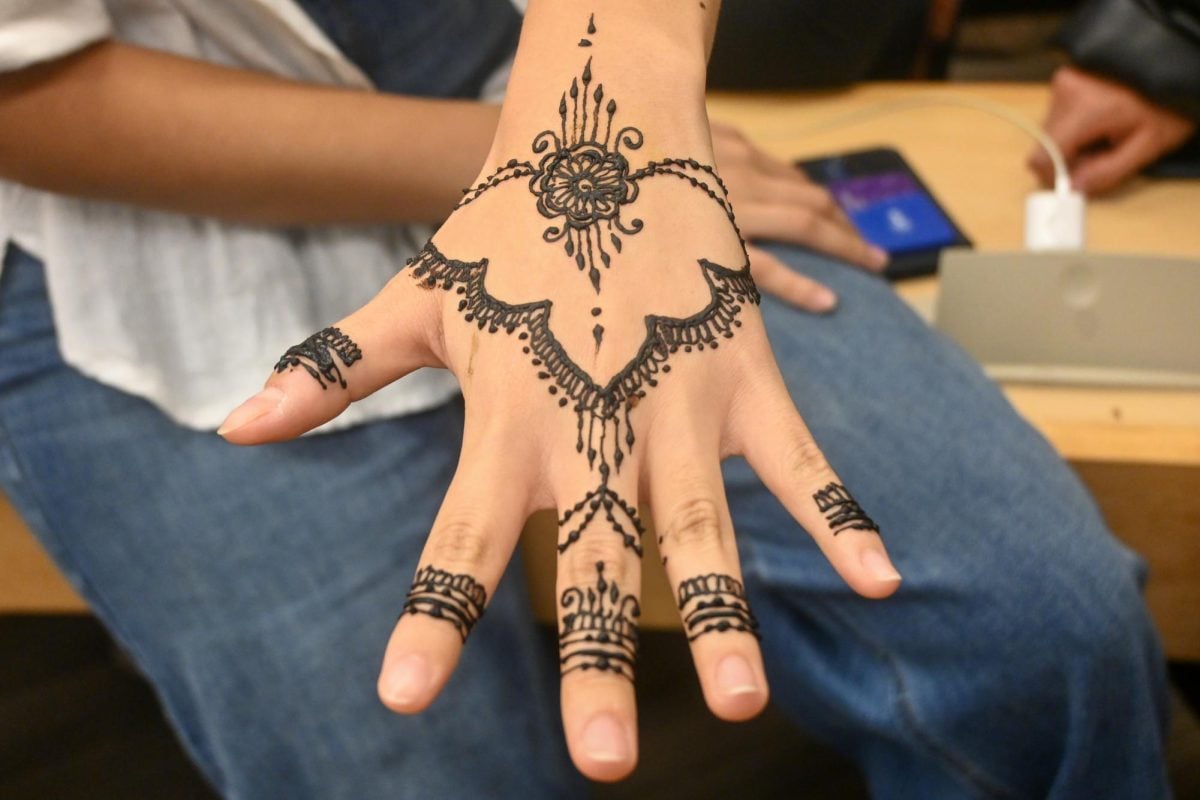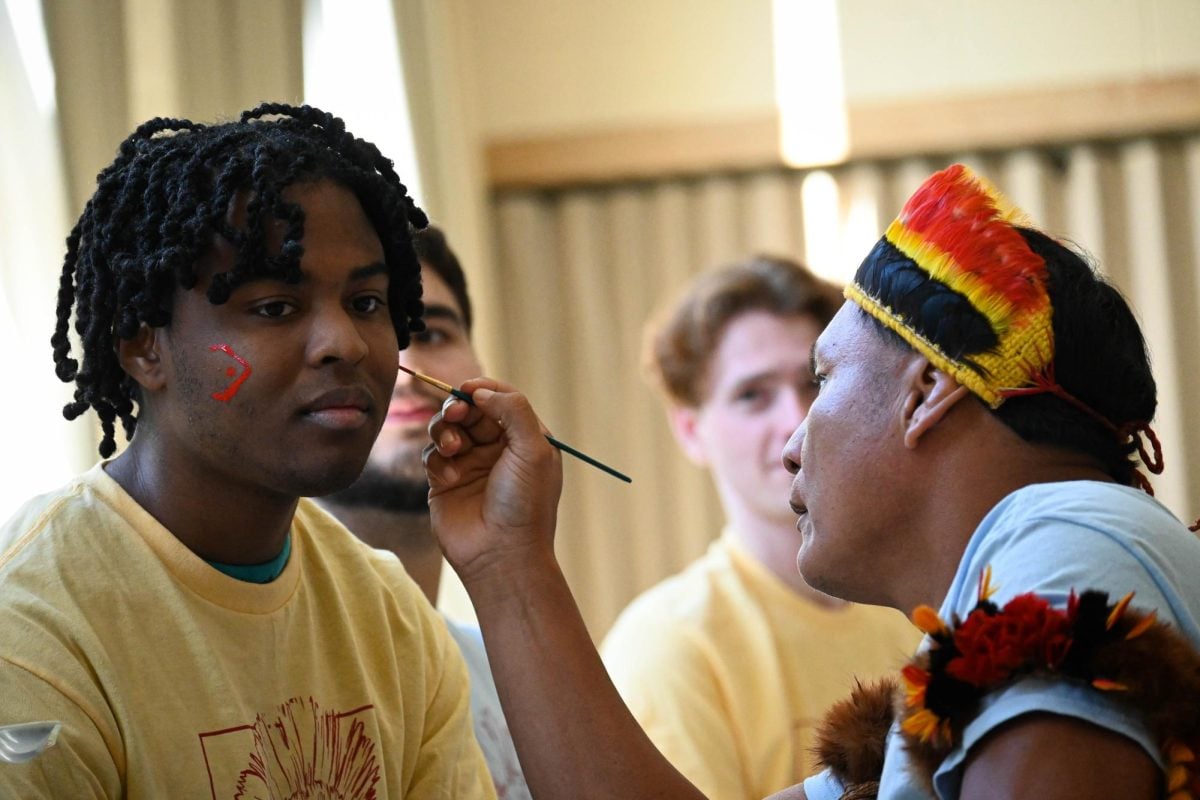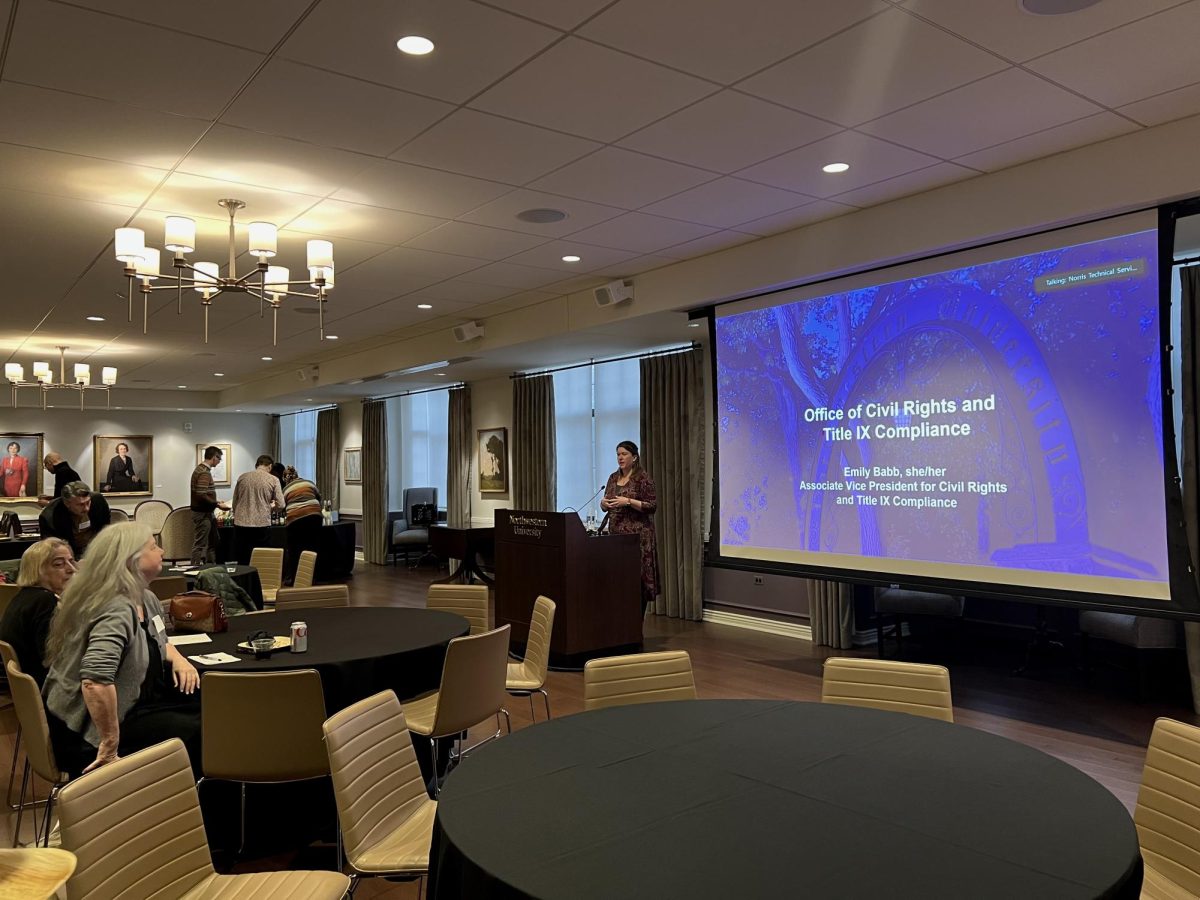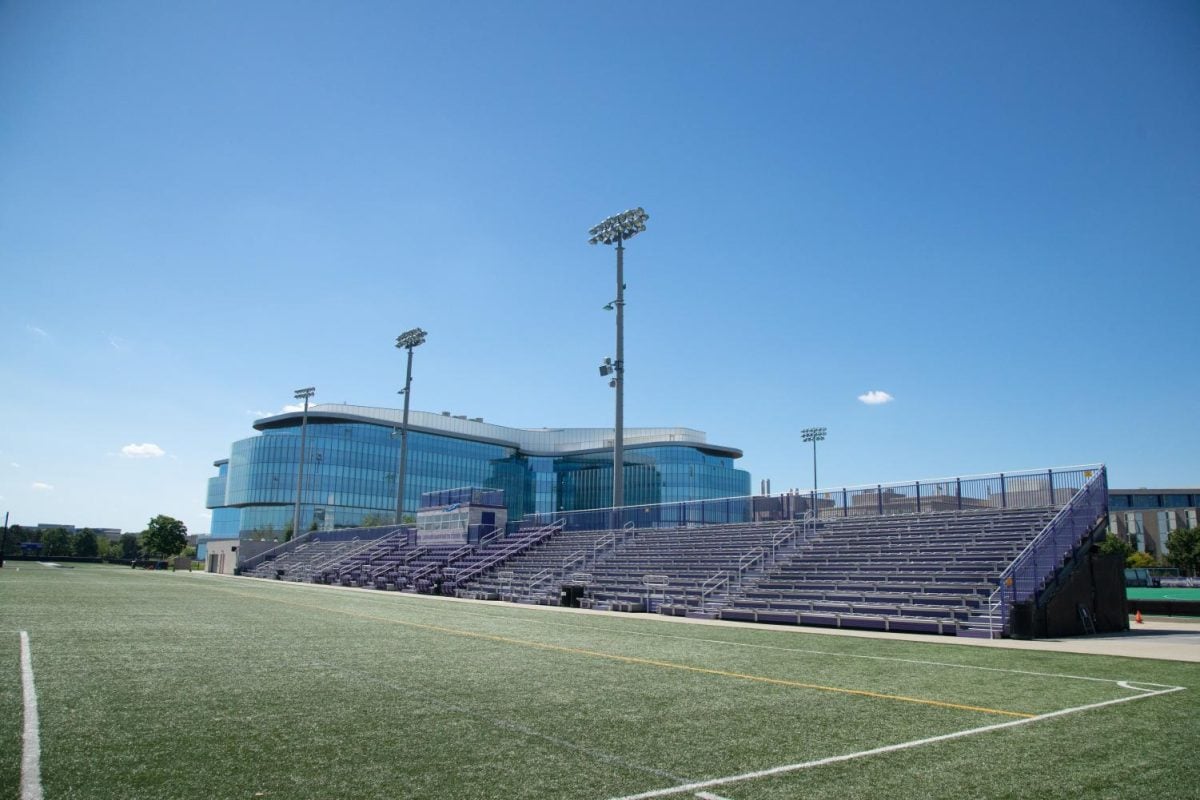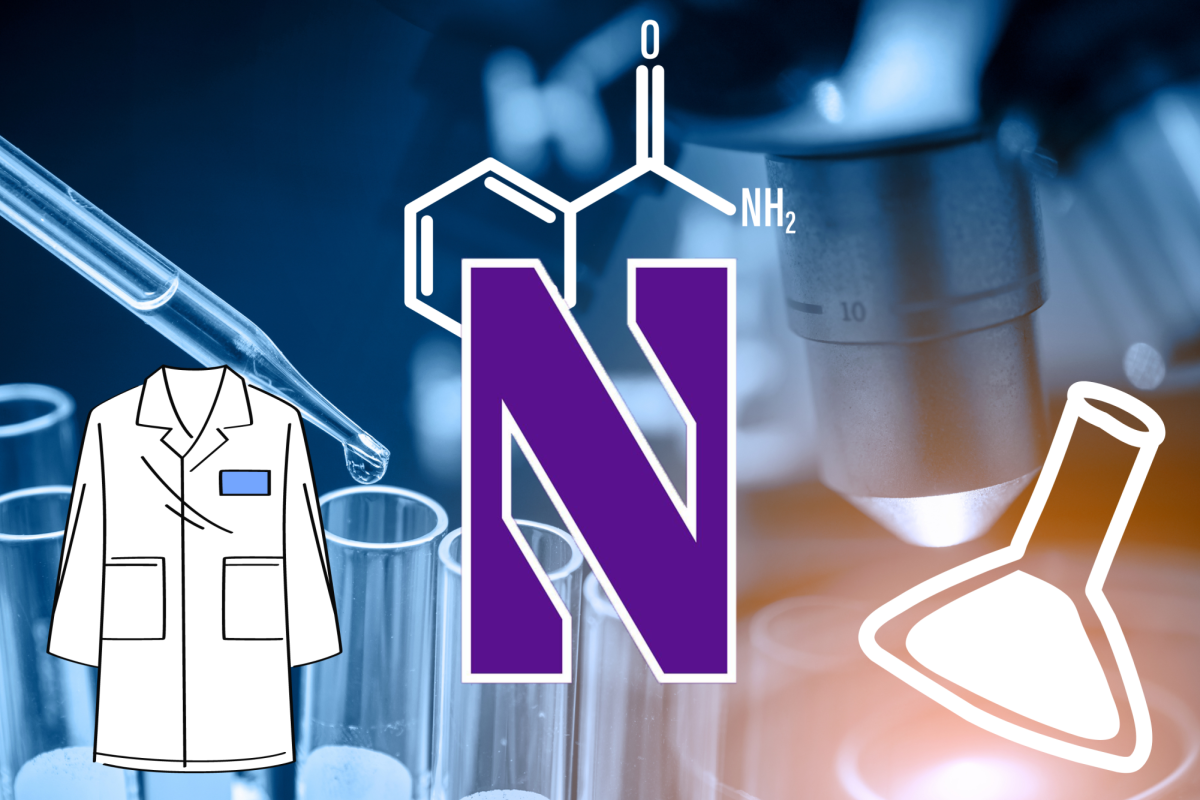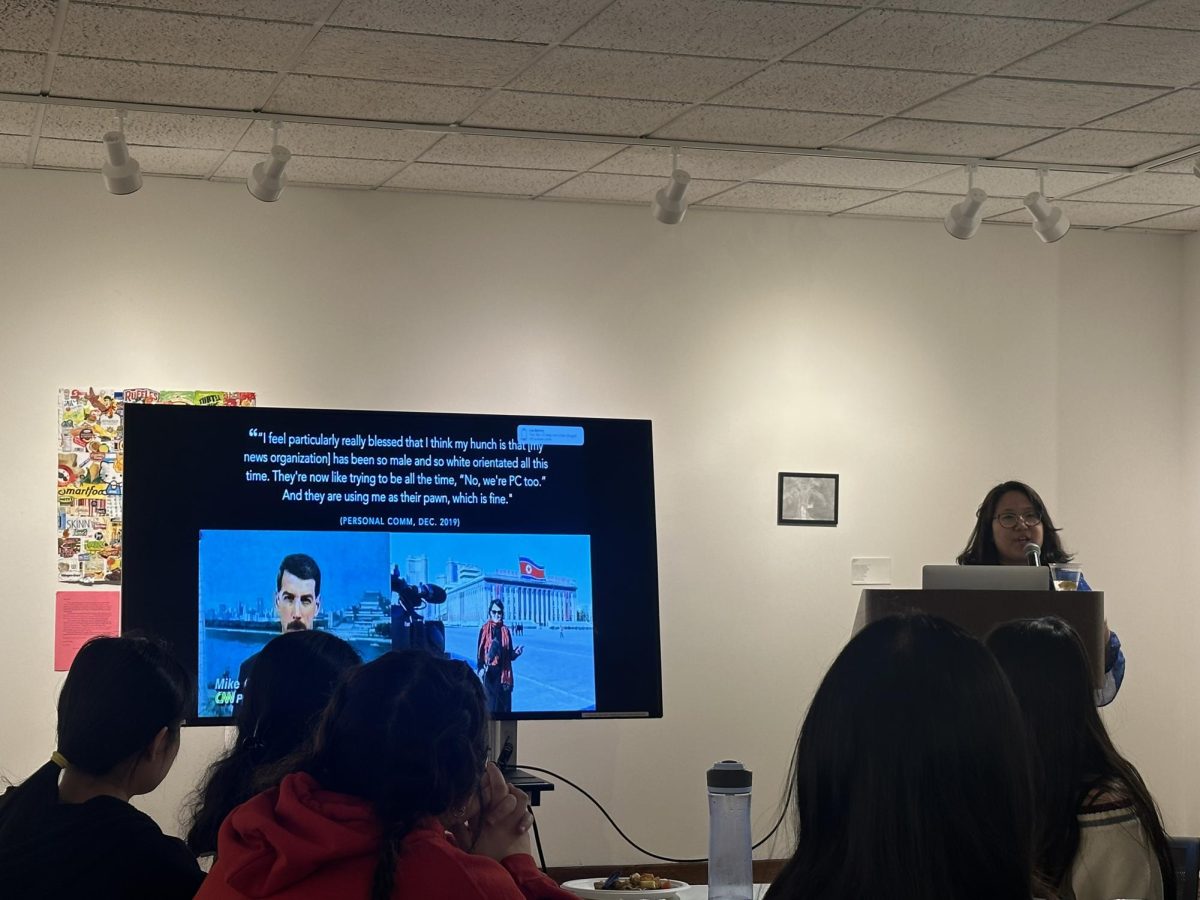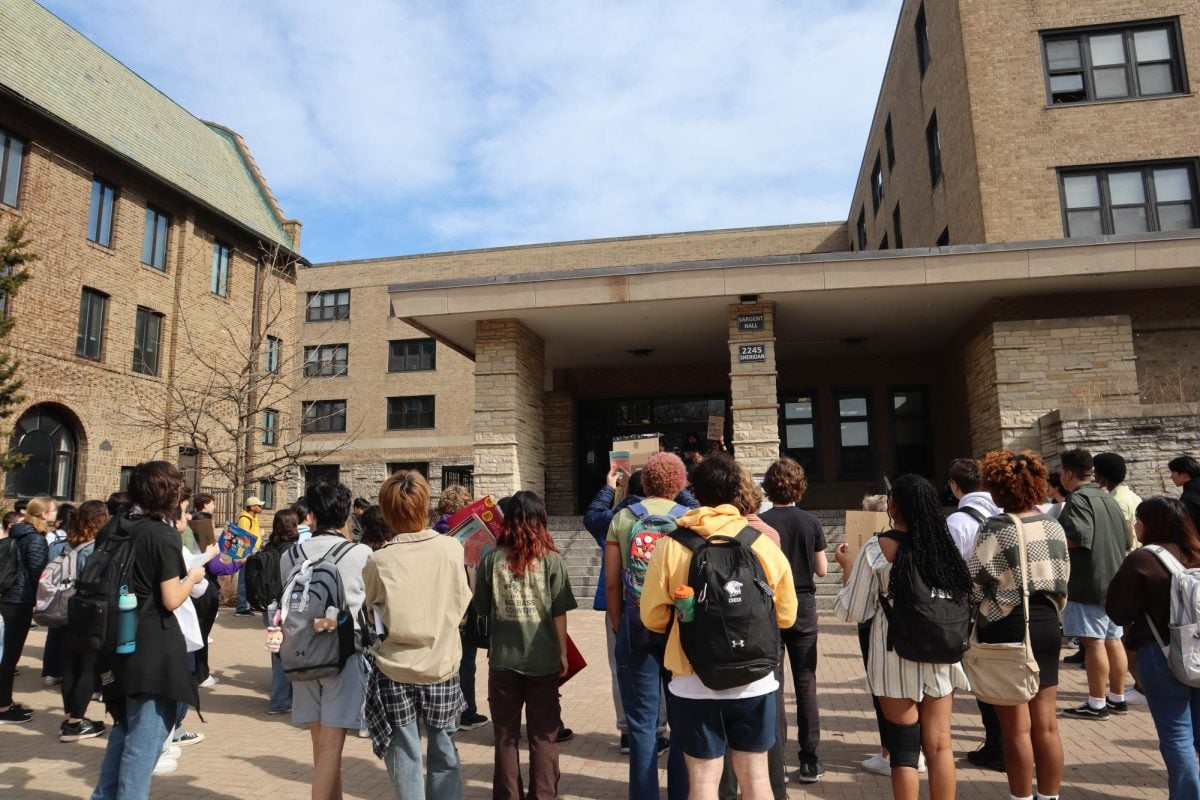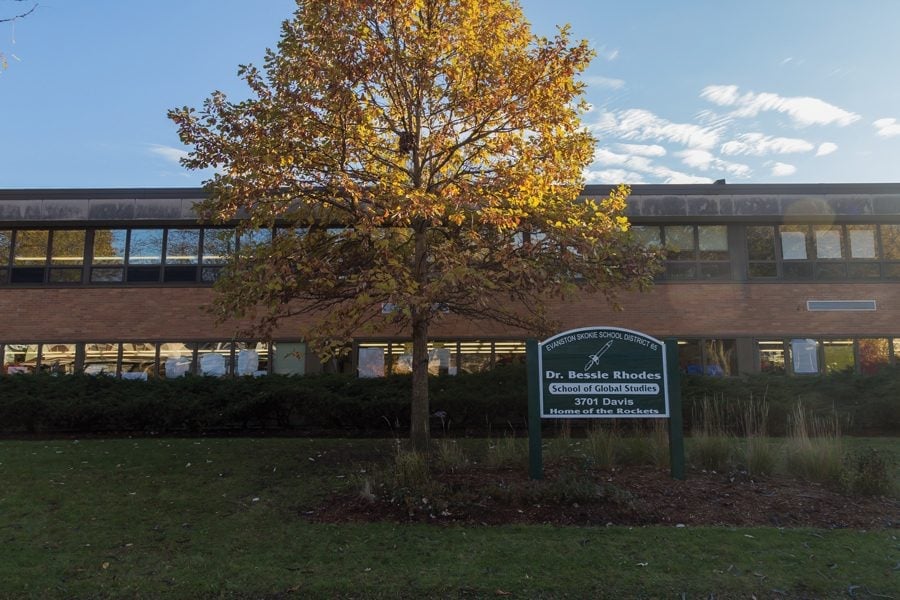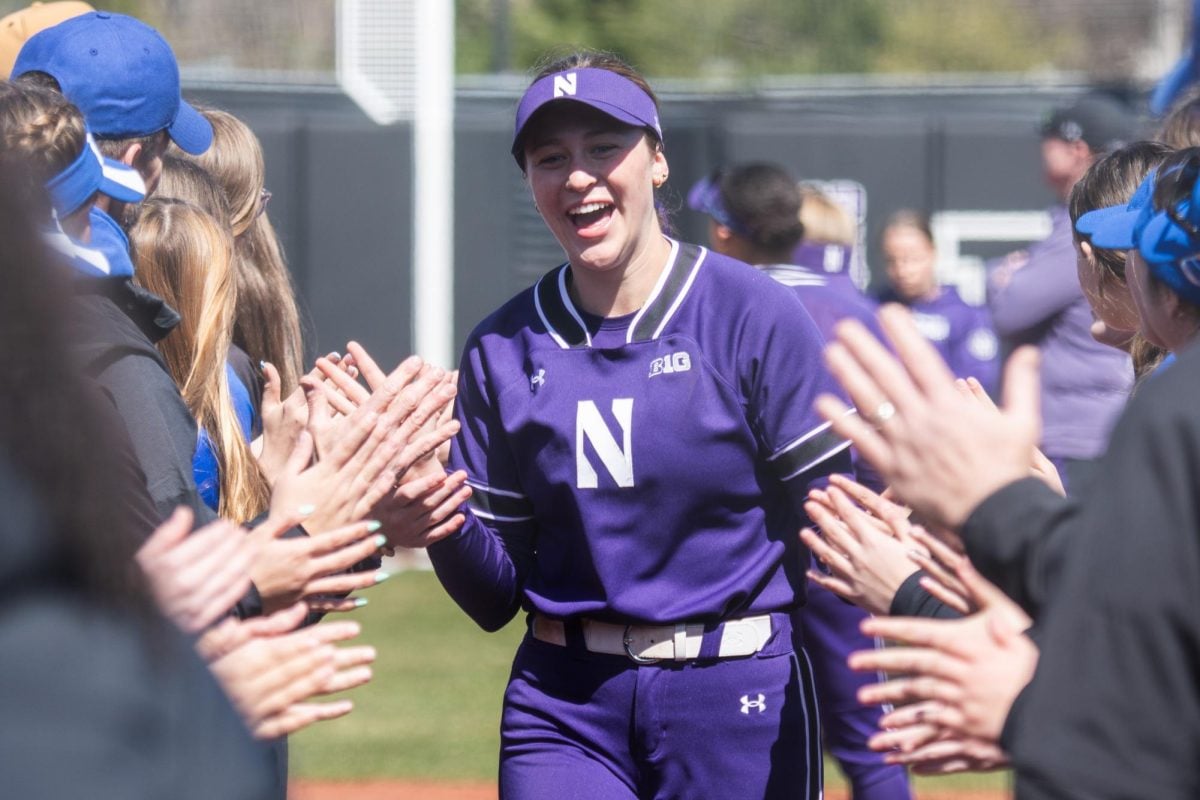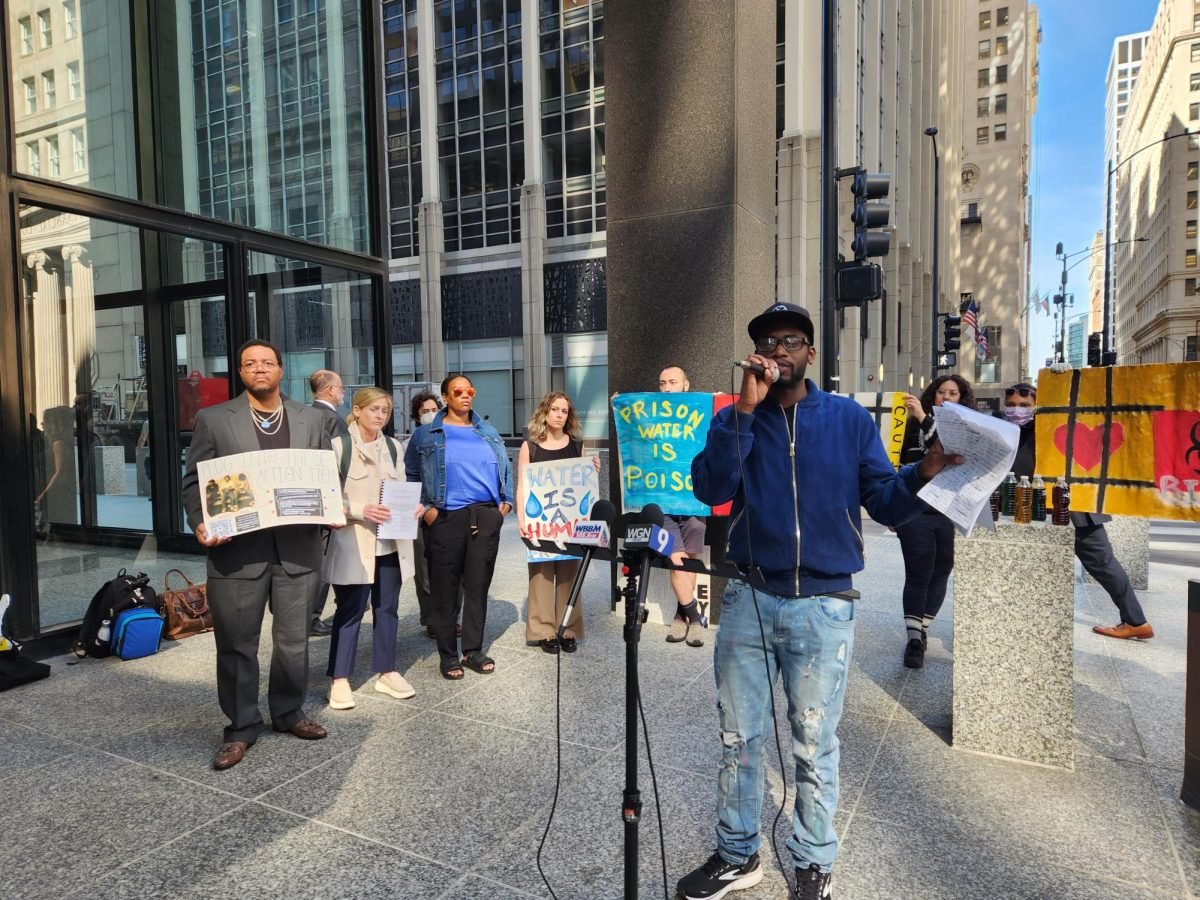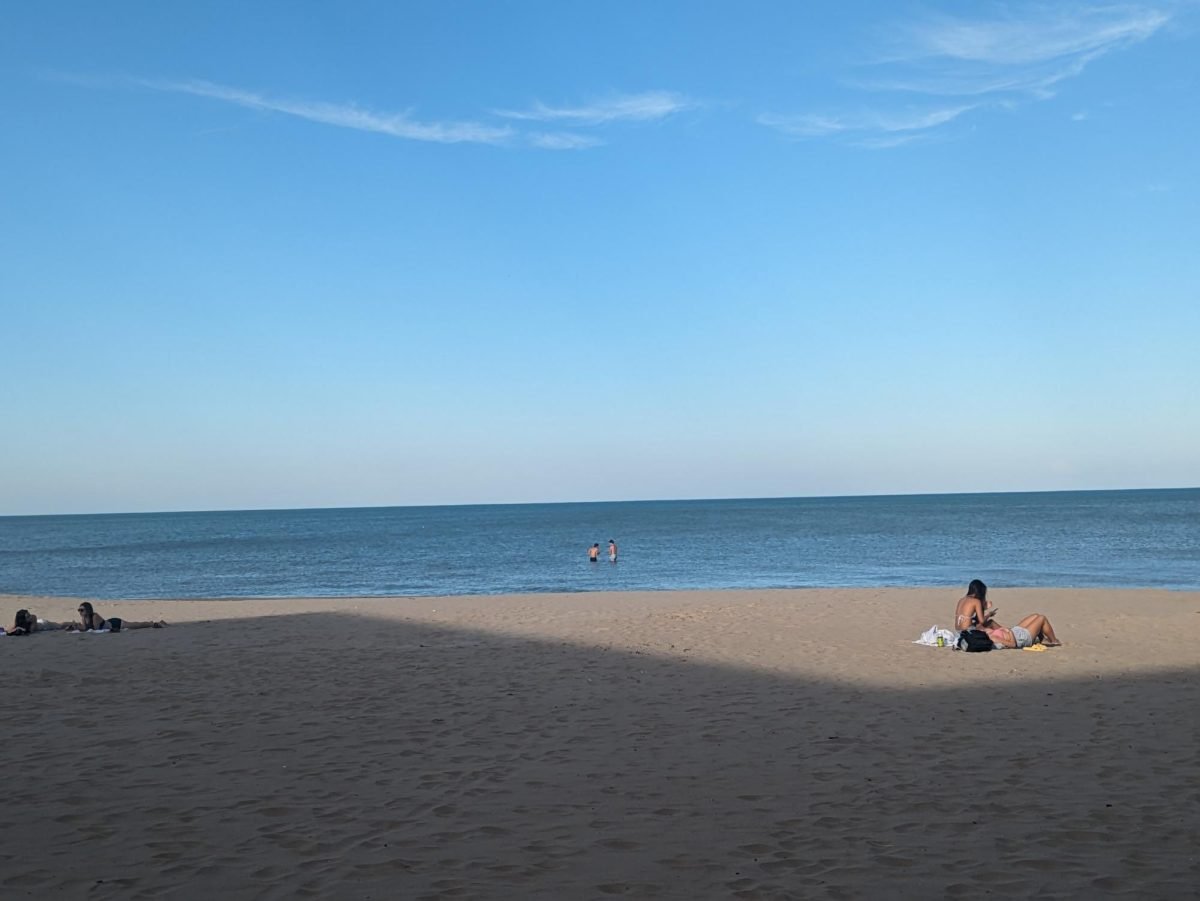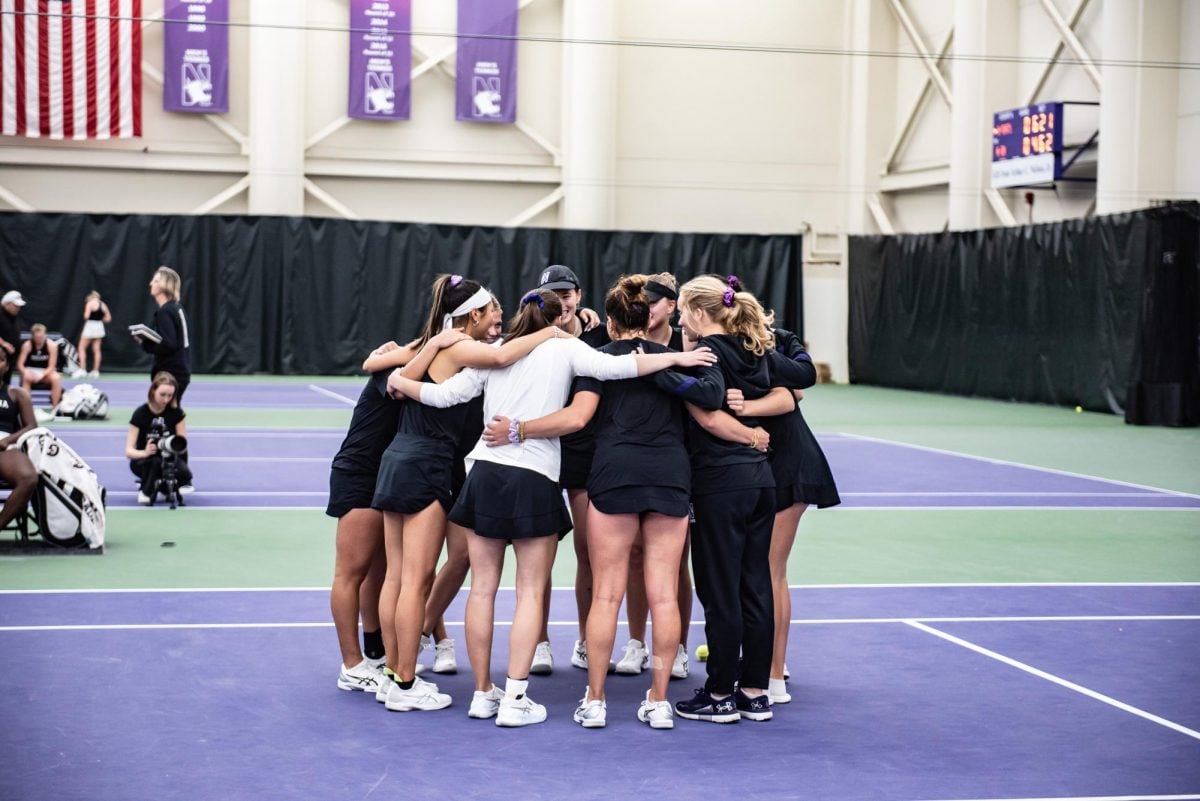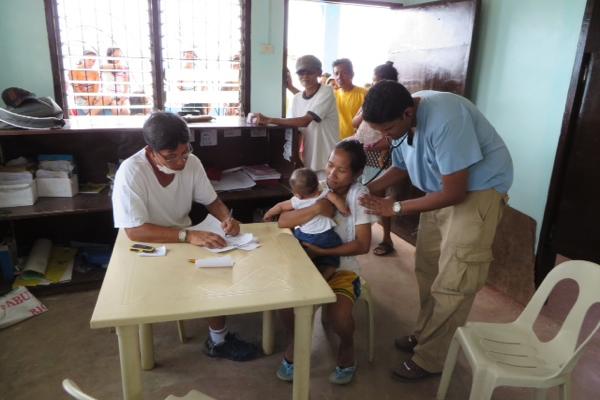
After Typhoon Haiyan struck the Philippines in early November and images of devastation began rolling in, Dr. Rahul Khare knew he wanted to help.
As an emergency physician and associate professor at Northwestern’s Feinberg School of Medicine, Khare knew his skills would be needed.
Khare was contacted by some colleagues from a previous trip he had taken to Haiti in 2010, after the island was devastated by a massive earthquake. By Nov. 15, about a week after Haiyan made landfall in the Philippines, Khare had boarded a flight as a part of a team from Clarion Global Response, an organization which aims to “provide Humanitarian support in any crisis that is too large for the capacity of that domestic government to manage.”
Khare said his team of nine people was made up of doctors, nurses, paramedics and firemen. Though many international aid teams went to Tacloban, one of the major cities devastated by the typhoon, members of the Clarion team were told the day before leaving that their medical help was needed in the city of Ormoc, on the same island as Tacloban.
“When we landed, we went straight to the governmental agency that was in charge of taking international relief,” Khare said. “I have seen a lot of groups that go down there and many times don’t check in, they want to do their own thing, but it’s important to do what’s needed.”
For over a week, Khare and his team ran a tent clinic that took in between 150 and 200 patients a day. Though some of the patients were sick, Khare said, most were suffering from wound infections, especially tetanus due to punctures from the metal wreckage and nails littering the streets. The team set up a system of stations to handle the traffic; patients told a translator what they needed, were seen by a doctor, went to a nurse for a tetanus shot and finally saw the pharmacist for free medicine.
The team worked directly with Filipino doctors and nurses, who Khare said were able to supply about 25 percent of the equipment their clinic used. The rest was brought in by Clarion, including a medical kit that arrived as the team was leaving. Khare said the kit could serve around 10,000 people over the course of three months. However, he said that overall the medical situation was improving.
“I was surprised that medically they were doing OK,” he said. “The Filipino government was still working, and there were two hospitals in the area, one which was fully functional.”
A more pressing problem was housing and debris cleanup. While half of the Clarion team ran the medical clinic, the other half was hiking out to villages to assess damages and evacuation needs.
“The greatest need was help with housing,” he said. “A lot of roofs had been torn off, and they didn’t have tarps, so people were getting wet at night and sleeping outside.”
Despite the tough living conditions, Khare said that the people of Ormoc supported each other.
“Spirits are pretty high. They’re very hopeful,” he said. “There were people who still had houses, and houses that had held six or seven people now had maybe sixteen. The community really relies on each other for help.”
In addition to his trip, Khare started an online donations page, through which he raised more than $3,500. He plans to donate the money to Clarion. Khare said that he has a lot of respect for the way Clarion conducts its aid.
“I know that they’re doing good work the way it should be,” he said. “They are tasked directly by the government for where they feel the need is, and they have an end date, which I really like because I have unfortunately seen countries become dependent on aid.”
Khare said he has confidence in the Filipino government, and that he expects the country will be well on the way to recovery by the new year. Returning home, he said he has gained some new perspective.
“I come back very grateful for everything we have,” he said. “A health care system, access to doctors, simple things like food, shelter. It keeps you in check.”
Email: [email protected]

